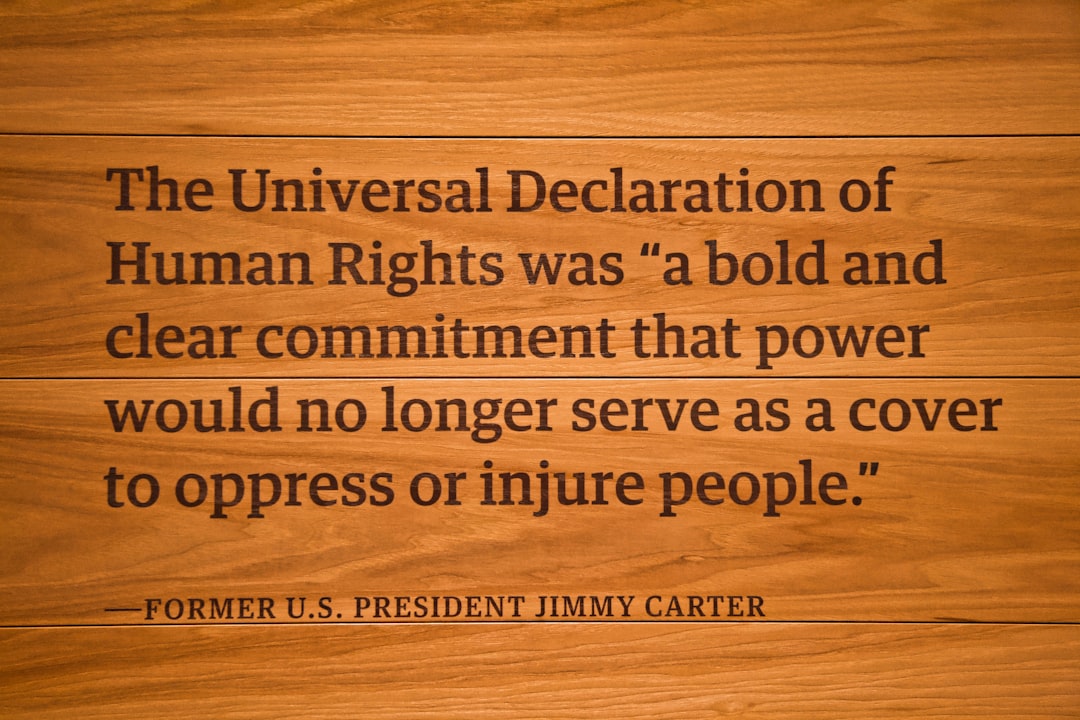What is it about?
The myth of self-sacrifice is a belief in the value of caring and serving, regardless of personal cost, which characterizes attitudes toward women’s work in general and contingent faculty work in particular, especially writing instruction. “Women’ s work” functions as a specific trope in the academy, particularly the high demand for such services, along with the unwillingness to pay for them. The comparison itself is not new; however, worth examining is how the very arguments proclaiming the value of women’s work in a capitalist system—and contingent work in the academy—are also used to undermine its value in that system.
Featured Image

Photo by You X Ventures on Unsplash
Why is it important?
In a capitalist system, budget cuts rarely start with those earning the highest income, but rather with those who have the least negotiating power and who are, as individuals, seen as interchangeable, expendable commodities. Further, the more a job is connected with attributes of caring and service, the less negotiating power that worker has: The supposed fulfillment of the desire to serve is re-framed as “payment” to justify low wages. Often these jobs are also contingent, with few or no benefits. The work itself may have financial value, especially if it can be resold at a premium, but the surplus is often directed away from the contingent worker to subsidize unprofitable institutional activities and the compensation and benefits of “more deserving” employees. In higher education, this hierarchical situation is a disservice to students and places the interests of tenure-line research faculty and contingent teaching faculty in conflict.
Perspectives
My goal here is to highlight how our own personal ideals and goodwill can be used as arguments against our best interests, which I see constantly in higher education among those who teach. At a time when reduced government funding has led to a greater reliance on tuition-paying students, universities have continued to place more value on the “currency” of research and publication rather than the delivery of coursework. The ideal of a balance between research and teaching has been continually thwarted by attitudes of condescension towards teaching, resulting in an academic hierarchy that subsidizes tenure-line researchers and shortchanges the growing number of non-tenure-line and contingent instructors. Those who teach suffer the “Catch 22” dilemma of being required to demonstrate devotion to students and a love for teaching, which is then used to justify “psychic compensation” for their work rather than stable employment and a livable wage. The emotional component of teaching is particularly susceptible to being misconstrued as work that is not sufficiently "intellectual" to count as knowledge-making, which is why practitioners are seldom acknowledged as knowledge-makers in their own right. My hope is to make more practitioners aware that the language they use to argue for their value must consider how that language will be interpreted by those in power.
Dr. Theresa M Evans
Miami University
Read the Original
This page is a summary of: The Myth of Self-Sacrifice for the Good[s] of Mankind: Contingency and Women’s Work, Rhetoric Review, December 2016, Taylor & Francis,
DOI: 10.1080/07350198.2017.1246020.
You can read the full text:
Contributors
The following have contributed to this page










